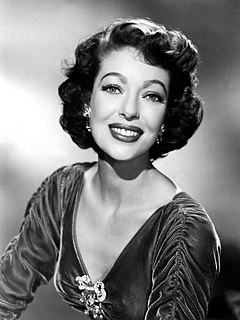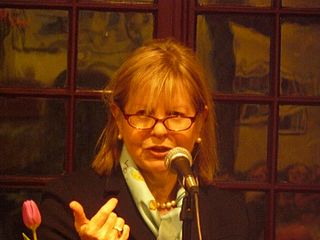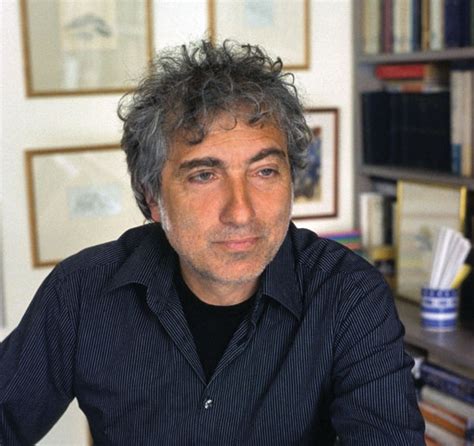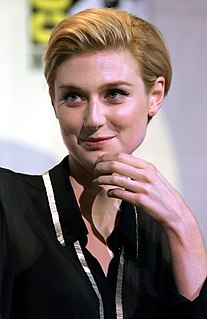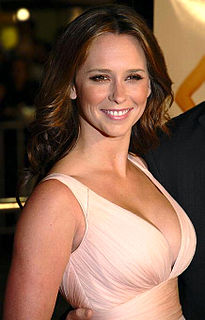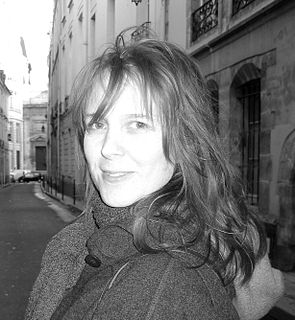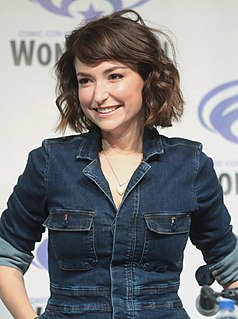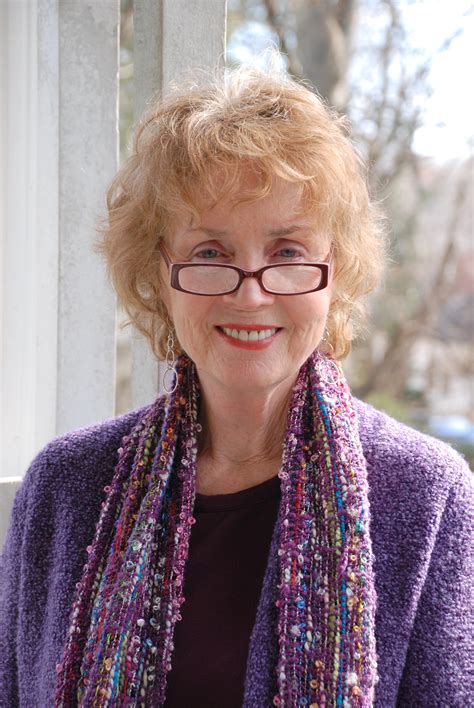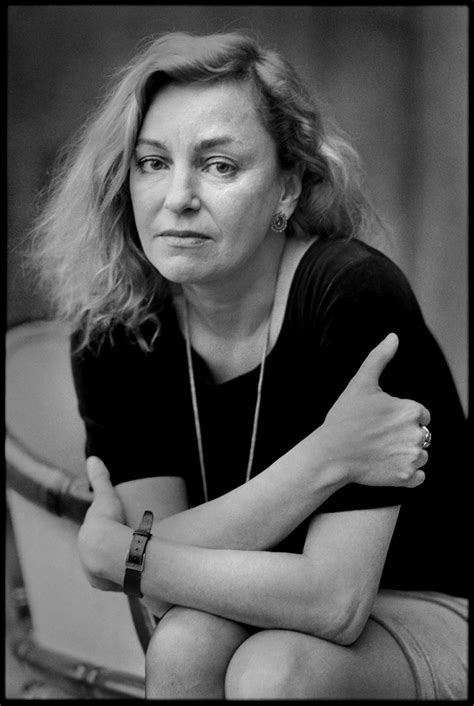A Quote by Loretta Young
Related Quotes
The birth of a child is in many ways the end of a marriage - marriage including a child has to be reinvented, and reinvented at a time when both husband and wife are under unprecedented stress and the wife is exhausted, physically drained, and emotionally in shock. A man's conflict between wanting his child to have a mother and wanting to have the mother to himself is potentially intolerable.
The whole notion of sanity may be an attempt to medicalize morality - to speak of the good in the language of health: to make us more accurate, more scientific in our wanting - but by the same token it becomes a form of moral blackmail. It is as if to say: if these are not valued - if these forms of wanting and feeling and speaking and doing - are not cultivated and encouraged and rewarded in the child, then the child will be mad.
It's strange: I've done so many things up until I did 'Obvious Child,' including writing children's books and making 'Marcel the Shell.' To me, the through-line is incredibly clear: it all comes from wanting to be connected to my own inner voice and not wanting to be on somebody else's agenda if that means that I can't be myself.
I wanted to keep the complexity of the female experience in the film as much as it is in the book, and the subject of not wanting a child is a very interesting subject, one that's not dealt with very much actually.However that complexity was not serving the story of what became the film [The Girl on the Train].
Certainly I was a very religious child, a deeply weird and very emotional child, an only child with lots of imaginary friends and a very active imagination. I loved Sunday school and Bible camp and all that. I had my own white Bible with Jesus' words printed in red in the text; I even spoke at youth revivals.
